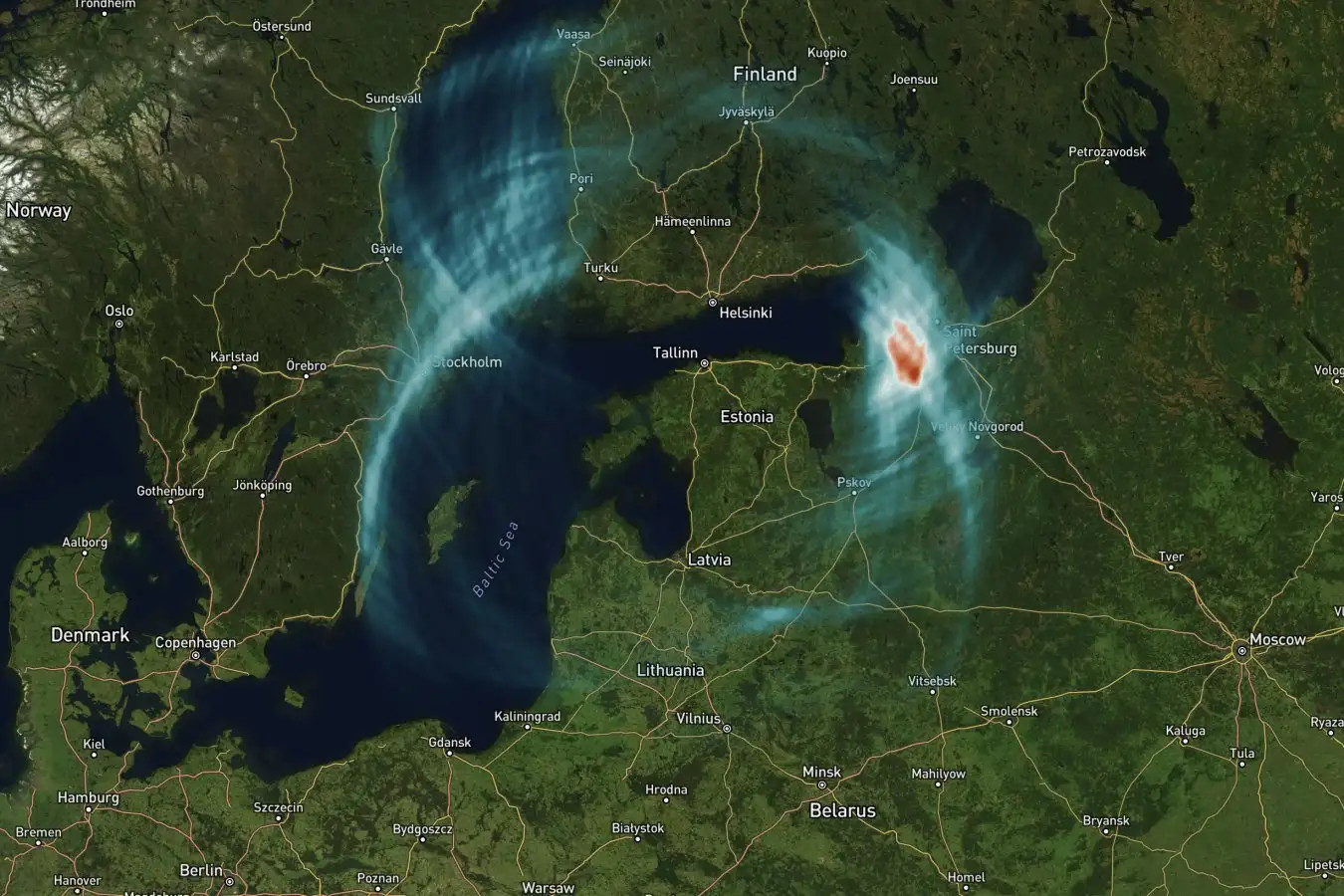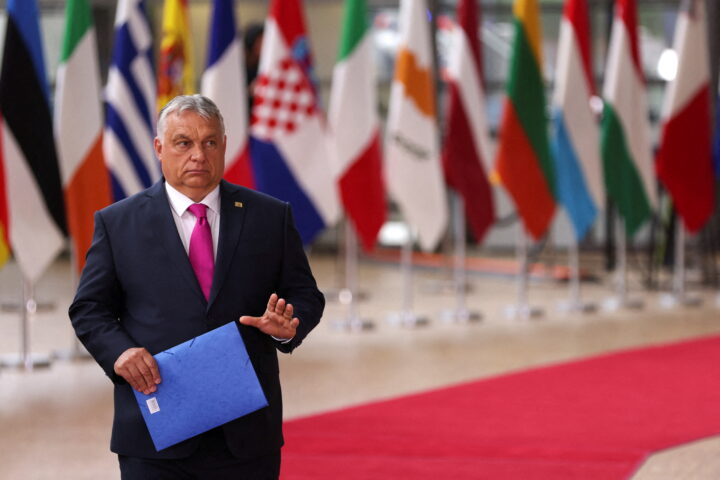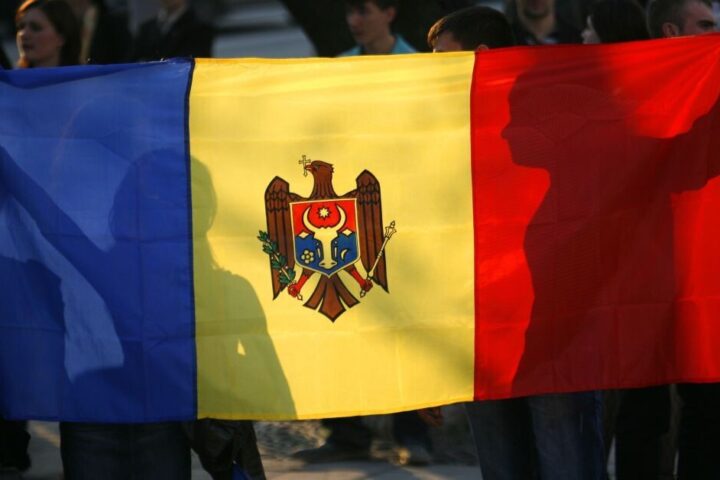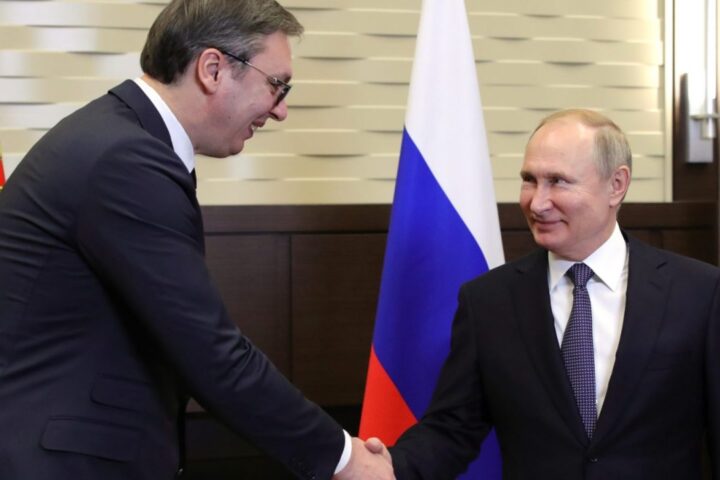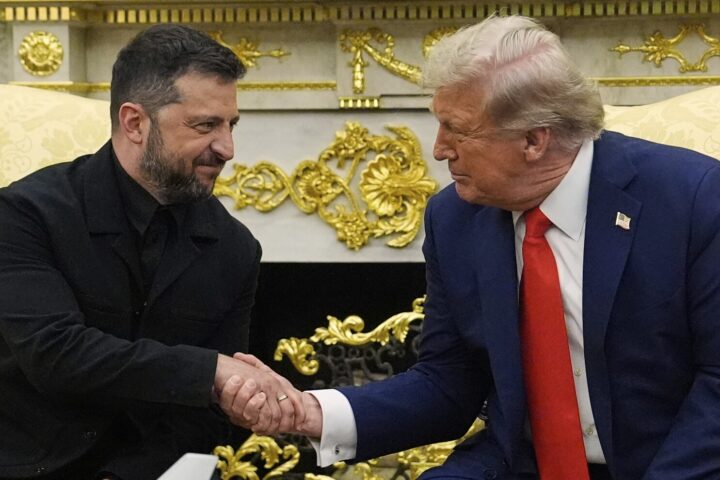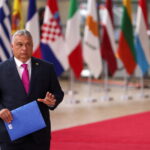On August 24, 2025, Ukraine’s Radio Svoboda published an assessment by the Institute for the Study of War (ISW), warning that the Kremlin is intensifying hybrid offensive operations targeting NATO states. These include large-scale disruptions of GPS signals and interference with communications in countries bordering Russia. European nations along Russia’s western frontier and the Baltic Sea — including the Baltic states, Finland, Poland and Sweden — have reported a sharp increase in GPS jamming, spoofing incidents, and the deployment of Russian electronic warfare (EW) systems near their borders. The ISW stressed that Moscow is adapting innovations from its war in Ukraine to test NATO’s resilience against electronic warfare Russian offensive campaign assessment.
Baltic and Nordic states raise alarm at international level
According to Bloomberg, Lithuania, Latvia, Estonia and Finland addressed a formal complaint to the International Telecommunication Union (ITU) on June 23, 2025, citing mounting navigational disruptions affecting civil aviation and other critical infrastructure. Lithuania accused Russia of orchestrating a surge in GPS jamming in late July, with incidents rising twenty-twofold compared to July 2024. In Estonia, regulators said 85% of flights experienced interference, while disruptions to coordinates are becoming routine. Earlier in July, the Baltic states, Finland, Sweden and Poland also appealed to the International Civil Aviation Organization, warning of Russian EW deployments along their borders.
Threats to civilian aviation and maritime safety
The scale of Russian interference poses direct risks to civil aviation. ISW previously noted that jamming operations had already disrupted flights in the Baltic states, Poland and Finland, including a March 2024 incident when a Royal Air Force plane carrying then-UK Defence Secretary Grant Shapps and journalists was reportedly affected. Experts warn that GPS jamming can disorient aircraft in high-traffic regions such as the Baltic Sea, the Polish frontier and Finland, raising the likelihood of accidents with potentially severe human casualties. Maritime traffic faces similar dangers, with vessels at risk of collisions, running aground or triggering environmental disasters. On land, civilian services such as navigation, logistics, agriculture and emergency response are also vulnerable, increasing daily instability across affected countries.
NATO urged to respond with coordinated countermeasures
Analysts emphasize that Russia is using EW not only as a weapon against Ukraine but also as a tool of strategic pressure on NATO members. By exporting battlefield-tested methods, Moscow can probe for weaknesses in allied communication and navigation systems without engaging in direct military conflict. This hybrid campaign is designed to sow vulnerability among neighboring populations and undermine confidence in Western security guarantees. To counter these threats, ISW argues that NATO members must move beyond public condemnation toward coordinated and decisive action. Measures could include targeted sanctions against Russian military and civilian actors involved in EW operations, as well as companies producing and deploying such systems. Experts also recommend that NATO adopt clear thresholds for defining GPS jamming as deliberate aggression requiring a robust response, while deploying allied EW capabilities along vulnerable borders. At the same time, the ITU is urged to tighten regulatory frameworks governing radiofrequency use and impose stronger penalties on Russia for deliberate signal disruption that endangers civilian safety Radio Svoboda.
